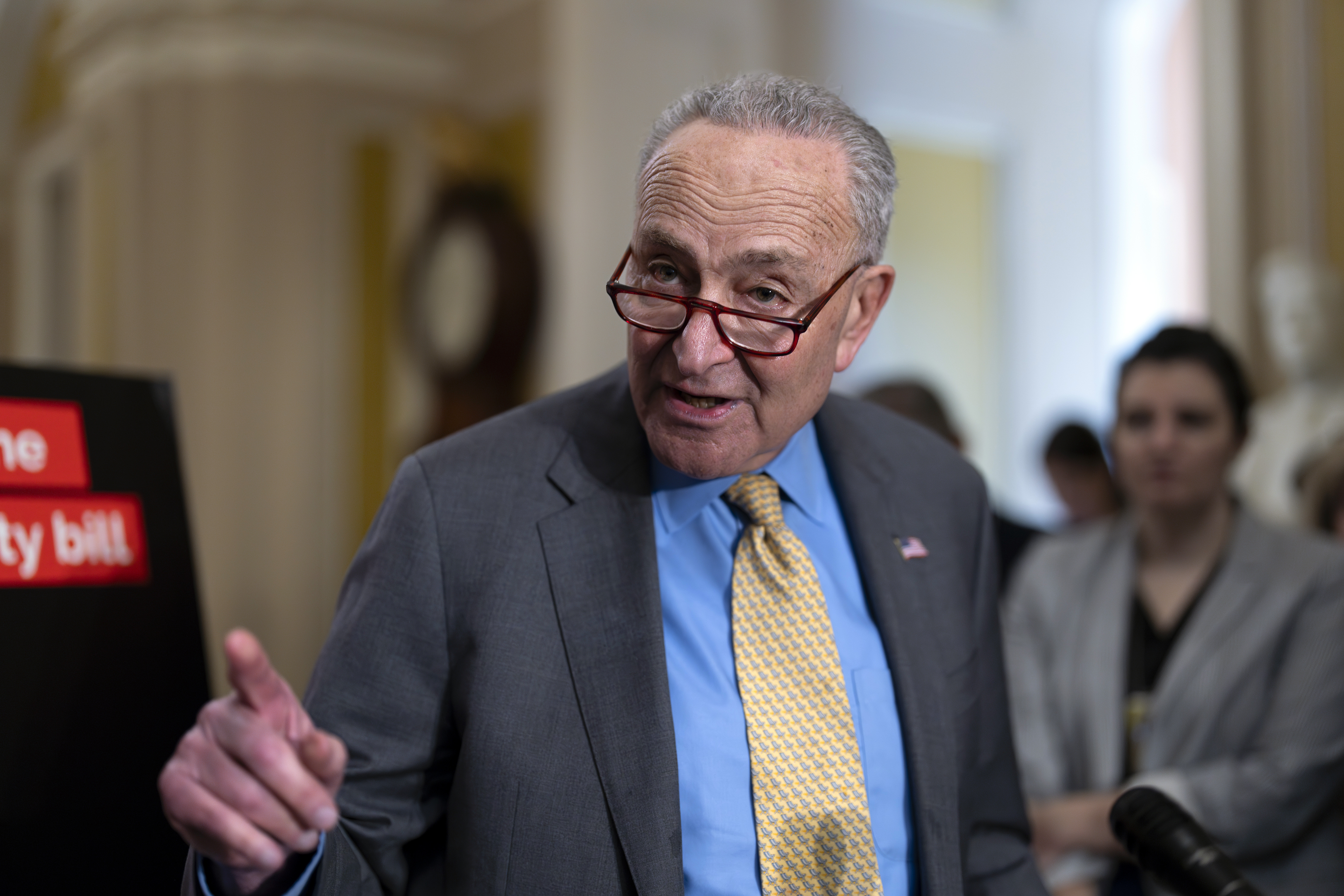(NECN: Peter Howe, Boston) - For the last two years, a 17-person commission including several leading Beacon Hill figures has been grappling with an epic question: What will it take for Massachusetts to create more jobs?
On Wednesday, committee cochairwoman Sen. Karen Spilka (D-Framingham) and members unveiled their 900-page report - one that doesn’t have any silver bullets or magic wands, but includes a strong focus on making sure public higher education, workforce training programs, and public internships better align workers with what jobs are available where. It’s estimated that right now, there are about 119,000 jobs going unfilled in Massachusetts because employers can’t find people with the right or necessary skills to fill them.
Fixing that is a huge focus of this report.
"Education: How to make sure that our workforce has the skills that are needed by our business community," said commission member April Anderson Lamoureux, an assistant state secretary of economic development who’s also personally leading a review of 1,000 Massachusetts regulations aiming to see which ones can be simplified or eliminated.
Tim Sullivan of the Massachusetts AFL-CIO, another commission member, said he was pleased with the strong education and training focus of the report, especially making sure people are being prepared not for jobs that existed 5 or 10 years ago but the next generation of jobs.
"There’s nothing more friendly to business than a highly qualified, highly trained, highly skilled workforce," Sullivan said.
Broadly, the report calls for:
- Better matching state education, training and internships to available jobs and the skills needed
- Upgrading infrastructure like roads and water and sewer supplies, but especially making sure broadband Internet access is available statewide, especially in parts of western Massachusetts that don’t have basic cable modem or phone company DSL service.
- Continued efforts to reduce and simplify regulation and push back on growth in health care, unemployment insurance, workers’ compensation, and other costs
- And just put out better PR about the state's business climate.
Politics
Anderson Lamoureux said she thinks Massachusetts could be well served by efforts to "change the perception, or enhance the perception, of doing business in the commonwealth, so that folks here as well as folks outside of Massachusetts know that we're open for business, we welcome business and we want to help them grow."
One example of a business that’s growing: Liz Linder Photography in Brookline Village, which has gone from two workers to five in the last two years. For Linder herself, it’s been a time of success – and red tape as she navigates adding new workers and all the paperwork that entails.
"I find all of the forms to be a hassle," Linder said. "There's the expense part, and then there's the complication part, and if we could one or the other or a little less on each, I think it would give small businesses a lot of leverage in moving the businesses forward."
Linder said she’s benefited enormously as a businesswoman from participating in a "Streetwise MBA" program with Boston-based Interise, which links up owners of small, growing companies with mentors who help them develop CEO skills.
From the state report, Linder said she recognizes and appreciates the emphasis on better basic science/technology/engineering/math education and technical training.
"I did hire somebody who wasn't that facile on a computer, and I thought, 'Oh, come on, everybody can use a computer.' And I was wrong about the level of skill that's actually needed to run a business … For me to hire somebody, I have to now make sure they are adept in the technology, and that they are they have enough of a math mind" to handle digital photo editing and related work, Linder said.
The commission was first called for by legislators in 2008, then reworked and launched in 2011. While its findings are coming out as Massachusetts is clearly out of the worst of the Great Recession, with a jobless rate nearly 2 percent lower than the nation as a whole, officials stressed that much of what it has found has already been adopted in jobs bills passed by legislators and policies adopted by Gov. Deval L. Patrick.
"Implementation of a lot of the tactics in some of the strategies has already begun," Spilka said. "We have utilized it, since we have been working on these this for two years now."
This includes things like Patrick’s push for more centrally coordinated oversight of the state’s 15 community colleges, to make sure their education and training is aiming students towards the jobs that are in demand in their regions, and a strong new focus of state policymakers and workforce training officials on "middle-skills jobs" that require more education than a high-school degree, but not a full college degree.
With videographer Bob Ricci.



